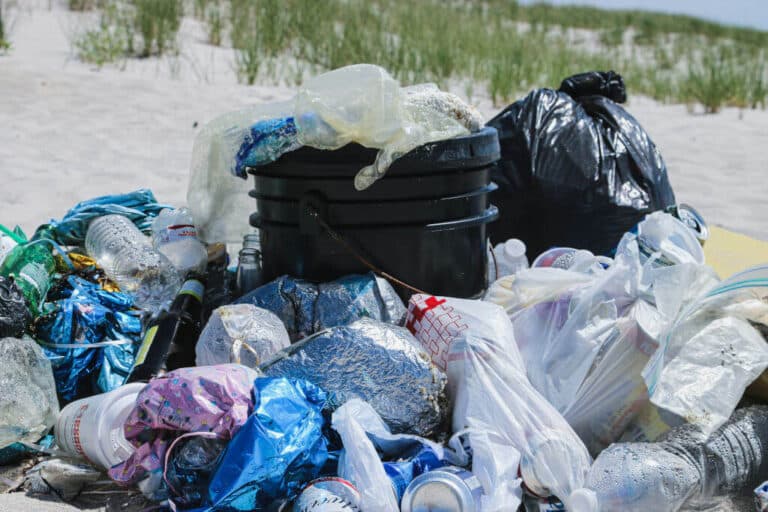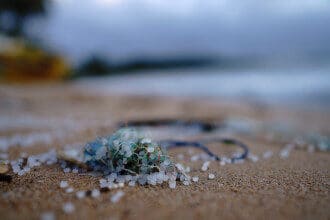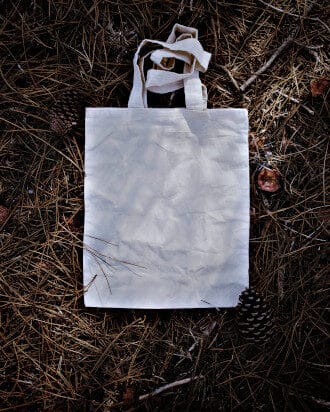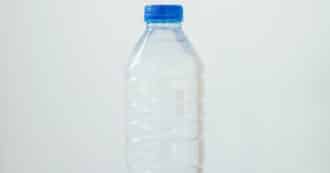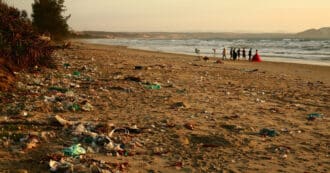By Harry Cooper – As our fast paced global economy continues to grow, the demand for single use plastics does as well. But, when these single use plastics, such as plastic shopping bags, are thrown into the environment they break down into harmful microplastics that have detrimental impacts on the environment and human health.
The Plastic Bag Problem Today
One of the worst offenders of these single use plastic products are the easy and convenient plastic shopping bags. With grocery stores all over the world handing out plastic shopping bags every day, it is estimated that nearly 2 million plastic shopping bags are used every minute.
The Problem of Plastic Shopping Bags
In the 1960s you hardly ever saw a plastic bag but nowadays you can see them everywhere flying around the streets, parks, stuck in rivers and oceans – there is no where free of them! Every year, around 500 billion plastic bags are used worldwide, 500,000,000,000. Five hundred followed by nine zeros. That’s a lot of bags that are just thrown out. Plastic bags are difficult and costly to recycle and most end up on landfill sites where they take around 300 years to photodegrade. They break down into tiny toxic particles that contaminate the soil and waterways and enter the food chain when animals accidentally ingest them.
The Impact of Single Use Plastics
Organic waste is capable of decomposing and returning to the natural environment, but plastic waste is a different story. Plastic can only break down into microscopic pieces called microplastics.
Microplastics
As plastic pollution has worsened, microplastics have found their way into more and more places, everywhere from the bodies of humans and wildlife to commercial food and drinking water. Microplastics have even been found in the placentas of unborn babies!
Plastic Bags And Marine Life
Every plastic bag that finds its way into the ocean poses a serious threat to marine animals. Many animals mistake shopping bags for food, especially sea turtles that mistake them for jelly fish, which is their main food source. When an animal tries to eat shopping bags they can choke on them and suffocate, or get them wrapped around their necks and strangle themselves. This is a very gruesome and unnatural way for these animals to die, and with more and more plastic bags being thrown out every day, the threat to marine animals is only growing.
What Can You Do?
There are many things that every day customers to prevent using plastic shopping bags. One of the easiest things is bringing your own reusable bag.
Plastic Bag Alternatives
Reusing bags is a great way to cut down on plastic; every time you choose to carry your own bag when going to a store is one less plastic bag that will be thrown out. These bags can be made from sturdier plastic, up cycled t shirt bags, canvas, or even other recycled shopping bags.
Other Solutions
There are also solutions that must be put into place legally by governments. Look for example at the ban in Tanzania, where they successfully use paper for packaging merchandise items.
Plastic Bag Bans
One way that governments have addressed the plastic bag problem is by passing policy that restricts or completely bans the use of plastic bags. These policies can take the form of higher taxes on plastic bags, requiring stores to provide bags with thicker plastic that can be more easily reused, stopping wholesale prices on plastic bags or best of all, completely outlawing plastic bags.
Countries With Plastic Bag Bans
Developing countries, primarily ones in Africa, are actually more likely to have plastic bag bans. This is to finally prevent “developed” countries sending their waste to them. There are developed countries with plastic bag bans in place, notably France, Austria, Italy, and Germany. The US however, has no federal plastic bag bans or restrictions, although California has decided to put plastic bag regulations in place.
Plastic Bags and Religion
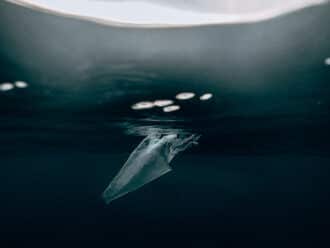
Brisbane Catholic Erin Kennedy views fighting against single-use plastic as a religious issue. “Using plastics is not a respectful use of resources,” she told Catholic Leader. “It has such a detrimental effect that we might not see immediately but is still affecting the environment around us and is a real disrespect to the creation we have been given to use.” Thank you Erin Kennedy for being a role model of how religion can heal our planet.
* Featured image source

